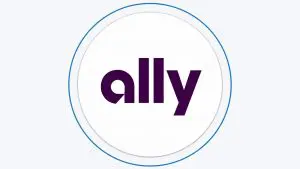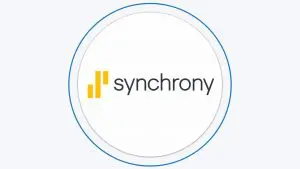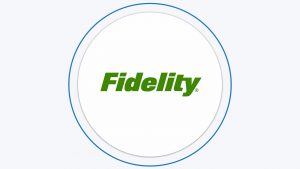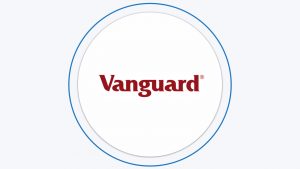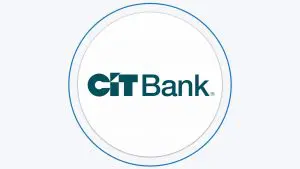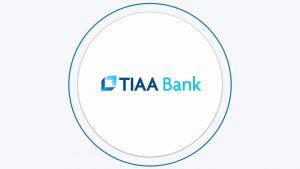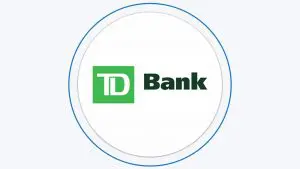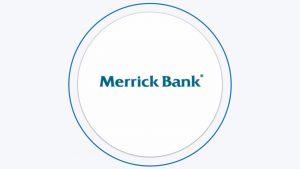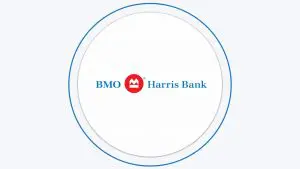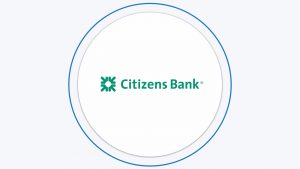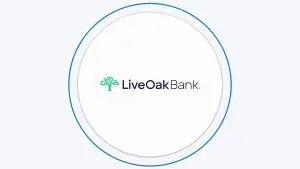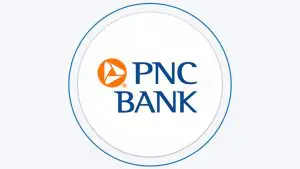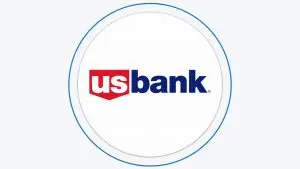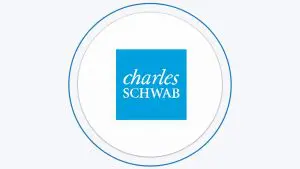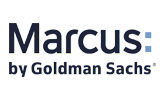Table Of Content
In this article, we will provide a detailed overview of callable CDs, including how they work, their pros and cons, and situations in which investors may want to consider them.
Whether you are a seasoned investor or just starting out, this article will help you understand whether a callable CD is a good fit for your investment strategy.
What Is A Callable CD?
A callable CD, or a callable certificate of deposit, is a type of financial instrument offered by banks and other financial institutions. It is similar to a traditional CD, but with an added feature that allows the bank to “call” or redeem the CD before its maturity date.
Callable CDs typically offer higher interest rates than traditional CDs to compensate for the additional risk that the bank may redeem the CD early. The call feature also provides flexibility to the bank to manage its interest rate risk and take advantage of changing market conditions.
If a callable CD is called by the bank, the investor will receive the principal amount of the CD plus any accrued interest up to the call date. However, if the CD is not called, the investor will receive the full principal and interest amount at the maturity date.
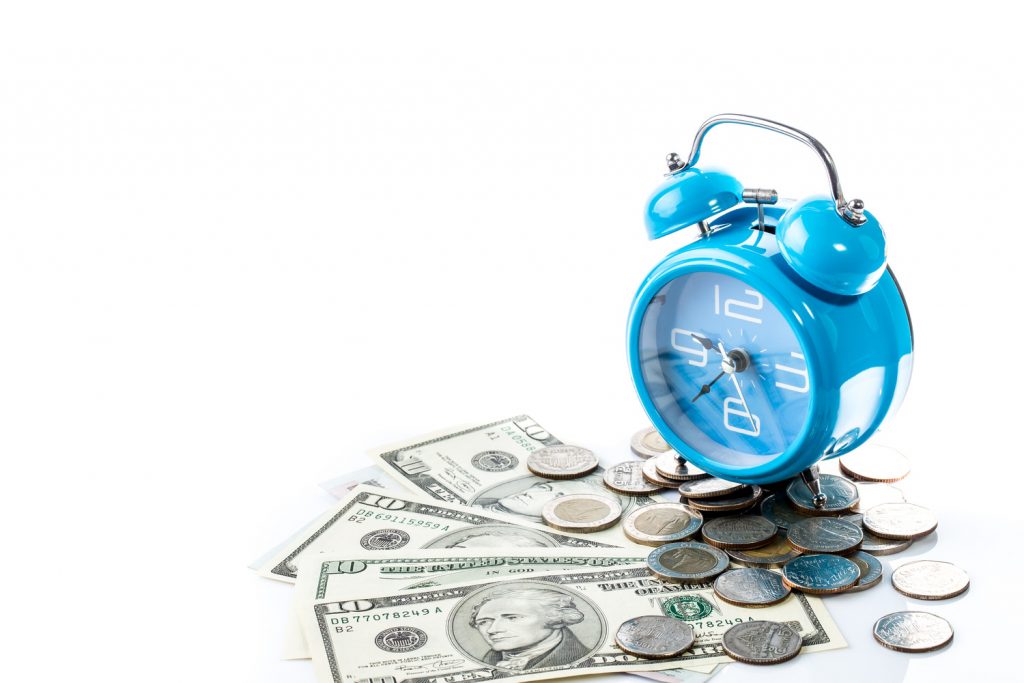
What Is A Callable Date?
The callable date refers to the specific date on which the bank of a certificate of deposit has the option to call back the CD. This date can range from as early as six months to as long as two years from the date of issue.
For instance, if the callable date is set at 18 months, it implies that the issuing bank has the discretion to call back the CD in 18 months, pay back the amount invested, and any accrued interest. Thereafter, every 18 months following the callable date, the bank has the same option to call back the CD again.
It's important not to confuse the maturity date with the call date when investing in callable CDs. The maturity date is the length of time the issuer can keep the investor's money, and typically, the further the maturity date, the higher the interest rate that will be offered.
Example
Let's say you purchase a callable CD with a face value of $10,000, a term of 5 years, and an interest rate of 3%. The CD is callable after 2 years.
Let's say the interest rates have fallen to 2% and the bank decides to call the CD after 2 years . Then, the bank will pay you your deposit of$10,000, plus any accrued interest earned up to that point. You will receive a total payment of $10,600 ($600 interest earned on 2 years), and the CD will be closed.
However, if the bank chooses not to call the CD, it will continue to accrue interest at the same rate until the maturity date of 5 years. At the end of the term, you will receive the full $10,000 plus any interest earned over the 5-year period.
Top Offers From Our Partners
![]()
Callable vs Traditional CD: What Are The Main Differences?
The main differences between a callable CD and a traditional CD are the interest rates, risk, and flexibility:
Interest rates: Callable CDs typically offer higher interest rates than traditional CDs to compensate for the added risk that the bank may call the CD before its maturity date. However, the APY on a callable CD may change if the bank chooses to call the CD and issue a new CD with a different interest rate.
Risk: Callable CDs are considered riskier than traditional CDs because the bank has the option to call the CD before its maturity date, which could result in a lower return than expected. Traditional CDs, on the other hand, offer a fixed interest rate for the entire term of the CD and are not subject to early redemption.
Flexibility for the bank: Callable CDs offer more flexibility to the bank than traditional CDs. The call feature allows the bank to manage its interest rate risk and take advantage of changing market conditions. Traditional CDs, on the other hand, do not offer this flexibility.
Pros & Cons Of Callable CDs
It is important to carefully evaluate the advantages and disadvantages before investing:
Pros | Cons |
|---|---|
Higher Interest Rates | Interest Rate Uncertainty |
FDIC Insured
| Call Risk |
- Higher Interest Rates
Callable CDs typically offer higher interest rates than traditional CDs, which can provide a higher yield for investors.
- FDIC Insured
Like traditional CDs, callable CDs are typically FDIC insured up to $250,000 per account holder per institution, which provides a level of safety for investors.
- Call Risk
Callable CDs are subject to call risk, which means the bank can call the CD before maturity, resulting in a lower return than expected for the investor.
- Interest Rate Uncertainty
Interest rates can be uncertain, making it difficult for investors to predict their yield and may resulting in lower rates than other CDs.
Other Types Of CDs
If you need alternatives to callable CDs, there are various choices. Here are the main options:
Traditional CDs: These CDs offer a fixed interest rate and term, typically ranging from 3 months to 5 years.
Jumbo CDs: These CDs require a higher minimum deposit, usually $100,000 or more, and offer higher interest rates than traditional CDs.
Brokered CDs: These CDs are sold through brokerage firms and may offer higher interest rates than traditional CDs, but may also have higher fees.
Zero-coupon CDs: These CDs do not pay interest annually but are sold at a discount to face value and pay the full value at maturity.
- No Penalty CD: this type of CD waives the early withdrawal penalty if you need the money before maturity.
Step-up CDs: These CDs offer increasing interest rates over the term of the CD, providing higher returns over time.
Bump-up CDs: These CDs allow the investor to “bump up” the interest rate on the CD once during the term of the CD.
IRA CDs: These CDs are held in an individual retirement account (IRA) and offer tax advantages for retirement savings.
FAQs
What happens if an investor withdraws before its maturity date?
Callable CDs, like traditional CDs, may have penalties for early withdrawal, which can reduce returns.
Can an investor predict whether a callable CD will be called early?
It is difficult for investors to predict whether a callable CD will be called early, as it depends on market conditions and the issuer's interest rate risk management strategy.
Can a callable CD be redeemed early by the investor?
No, callable CDs cannot be redeemed early by the investor. Only the issuer has the option to call the CD before maturity.

